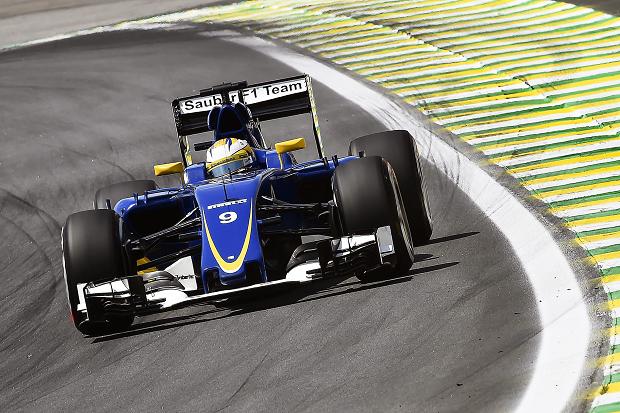Formula One’s governing body has scored a spectacular own goal by throwing out its own plan to provide cheap engines for struggling teams.
Jean Todt, the president of the FIA, came up with a proposal for a standardised engine at prices that would undercut the hybrid power packs being sold by Mercedes, Ferrari and Renault. However, the FIA’s own F1 Commission rejected the plan yesterday.
The three engine manufacturers, the FIA and Bernie Ecclestone, F1’s chief executive, will go into a series of hurried meetings at the Abu Dhabi Grand Prix this weekend to try and find a resolution but hopes are bleak. Ferrari have already used their veto to block any move to reduce the price of engines, which can rise to as much as £15 million a season for the customer teams, such as Sauber and Force India.
Yet four outside companies entered the FIA’s bidding process to make an alternative engine, even though the FIA had no idea whether the idea would be voted through. The plans will now go through the circle of committees and meetings yet again.
“The F1 Commission voted not to pursue this option at this stage,” an FIA statement said. “However, it may be reassessed after the power unit manufacturers have presented their proposal to the Strategy Group.”
If ever there was a sporting equivalent of fiddling while Rome burns, this is it. None of the key parties can agree, partly because of self-interest. The manufacturers who have ploughed hundreds of millions of pounds into developing the complex hybrid power packs wants to recoup their investment and refuse to lower prices, whether the small customer teams struggle financially or not.
Red Bull and Toro Rosso, their junior team, have been caught in the crossfire. Saddled with an uncompetitive Renault power unit, Red Bull severed ties with the French carmaker on the promise of an engine with Mercedes. However, Mercedes reneged on the deal, fearing a powerful Red Bull squad with the best engine on the grid.
Ferrari were also loathe to sell competitive engines to Red Bull, the four-times world champions, on the grounds that the squad based in Milton Keynes were too great a threat if they had equal power.
That left Red Bull in the lurch and without a viable alternative, leading to threats to quit F1. The team are expected to cobble together a temporary deal with Renault for next year but, if that falls through Red Bull’s threat to quit could become a reality too awful to comtemplate for a sport that needs all of its big guns.
The answer devised by Todt and Ecclestone was to reach out to manufacturers outside F1 to make a simpler, more cost-effective engine pack – probably a 2.5-litre, turbo-charged V6. Tenders were invited but now companies are tendering for a process that has been stopped in its tracks.
“The manufacturers, in conjunction with the FIA, will present a proposal by 15 January, 2016 that will seek to provide solutions,” the FIA statement went on. “The proposal will include the establishment of a minimum number of teams that a manufacturer must supply, ensuring that all teams will have access to a power unit.
“Measures will also be put forward to reduce the cost of the supply of hybrid power units for customer teams, as well as improving their noise. All stakeholders agreed that the developments will aim for the 2017 season at the earliest, and 2018 at the latest.”


